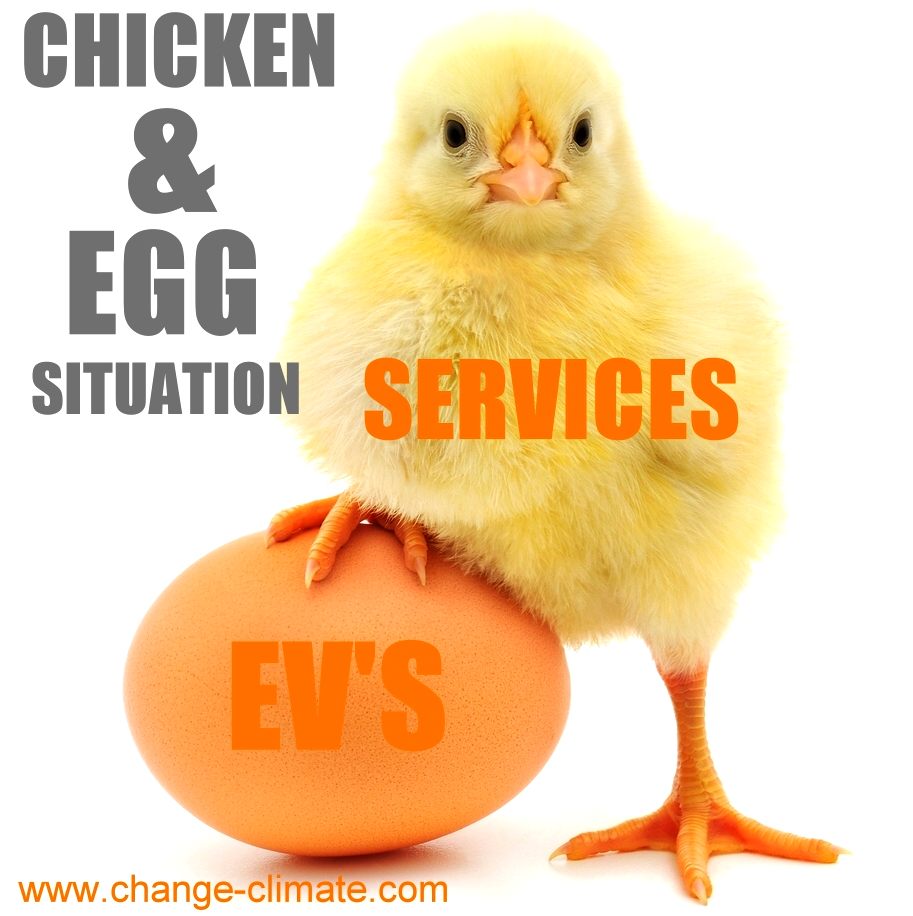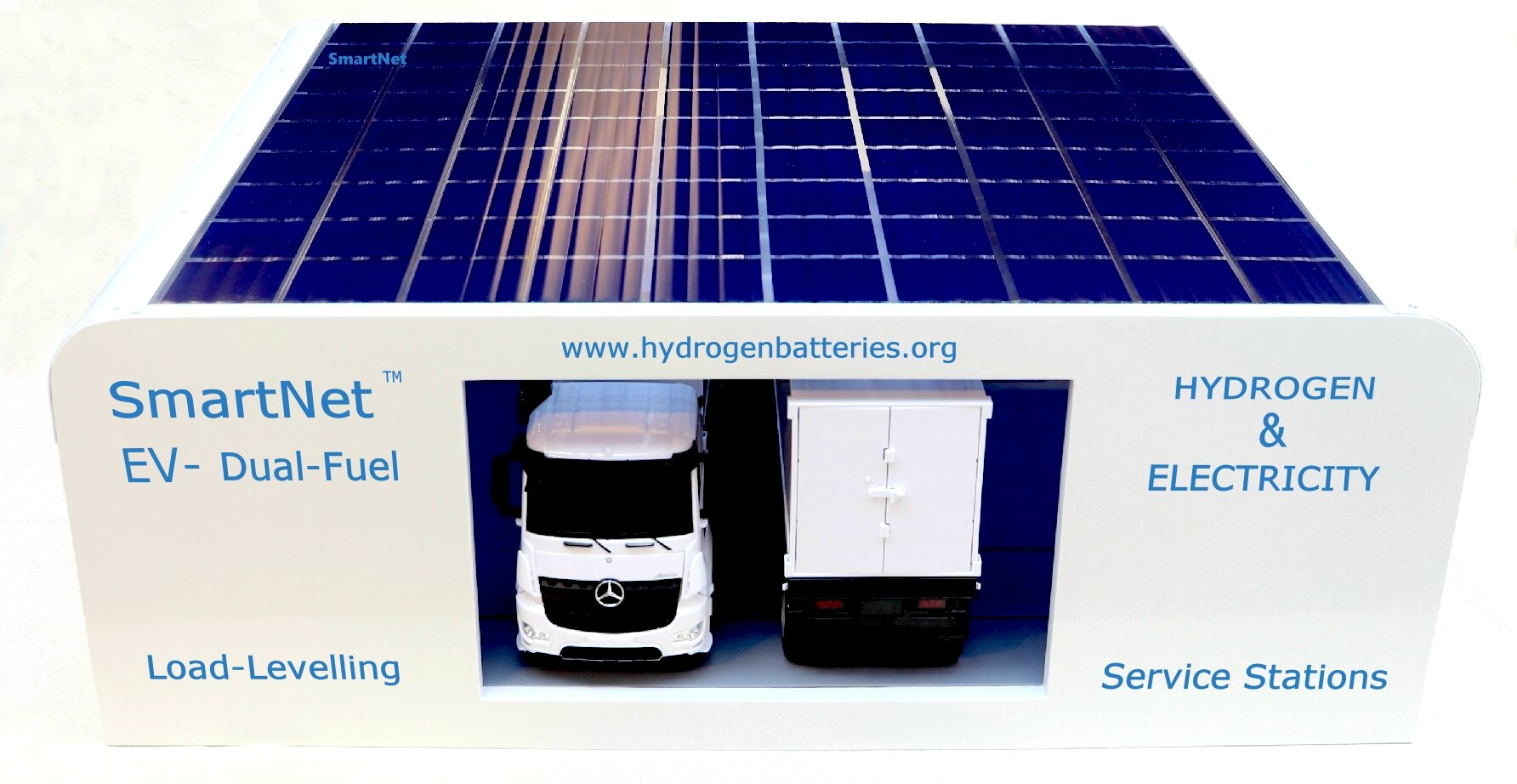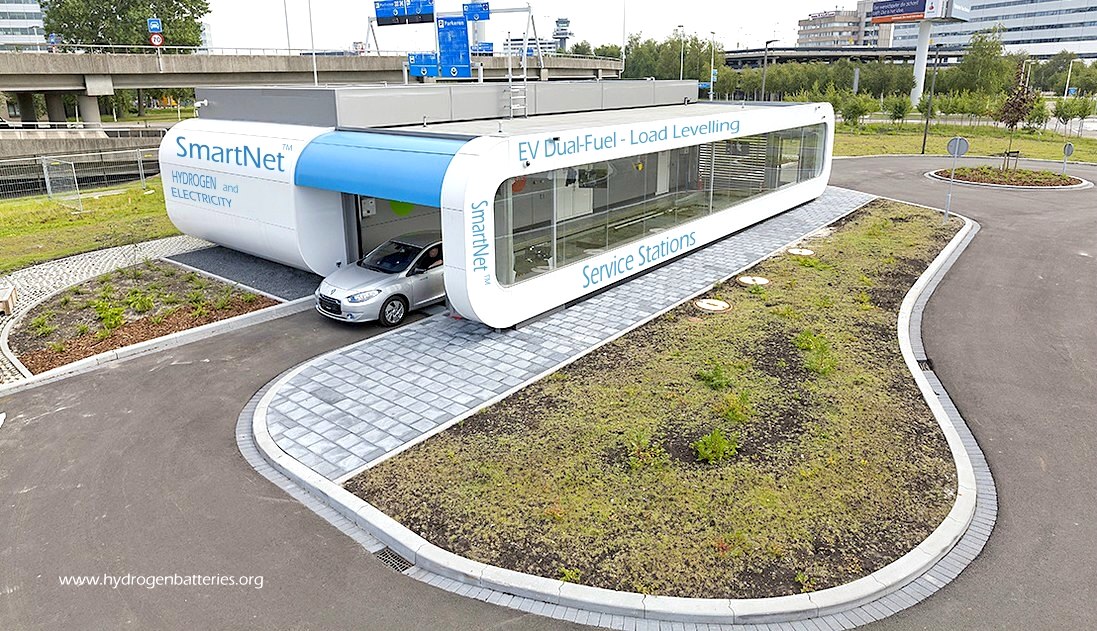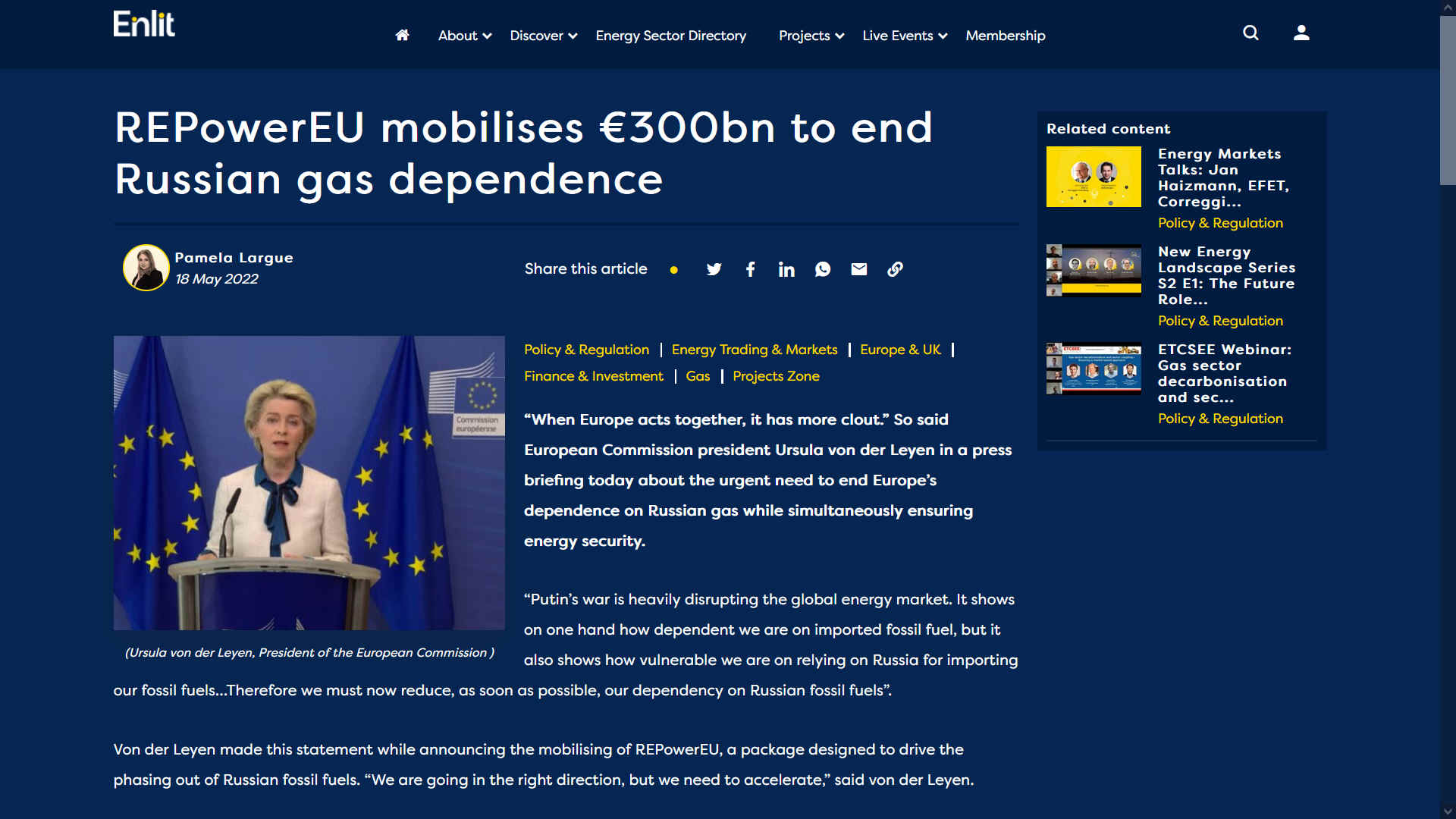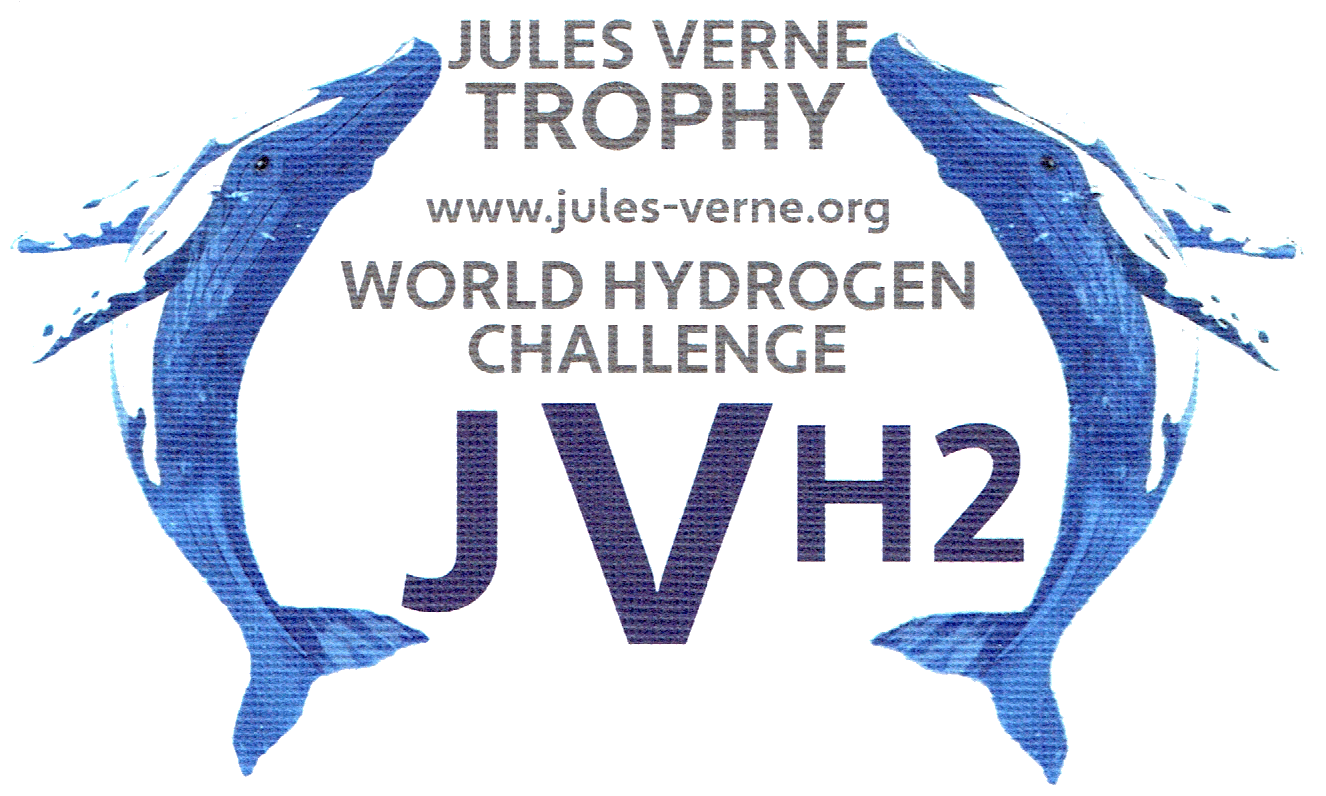|
SMART (ENERGY STORAGE) GRIDS
+ UNIVERSAL FC & EV CHARGING
|
|||||
|
RWE GERMANY JUNE 2023 - Pushing all the right buttons to stabilise their grid's electricity frequency @ Hamm & Neurath. Three cheers RWE! The only problem being the monopoly situation created by some administrations, that allow billionaires to shamefully exploit poorer consumers via rip-off standing charges, without any investment, or even R&D in alternative energy storage solutions.
ROAD DAMAGE AND ECONOMY EV'S - Electric cars can be cheaper and less damaging than gas guzzlers. But, to make that happen, will require California style legislation, banning car sales by any manufacturer, unless a maker offers a truly budget EV in their range. Alongside such radical climate cooling statutory requirements, would need to be a servicing obligation, imposed on utilities. Leaving such essentials to a free market, will never see us reach 2030 and 2050 zero emission levels. Politicians must act immediately, perhaps as a COP28 consideration, to pass laws to make it happen. Many auto makers are gearing up for trucks and SUVs, with 4 out of 5 vehicles sold being the heavier models. While it may seem obvious that bigger vehicles produce more road damage, in fact EV dust or particles from brakes, is far reduced, with regenerative braking. Leaving only the really large pickup trucks and SUVs, to break up the tarmac, as any HGV would do in.
THE WORLD'S 1ST FIRST MULTI-FUEL HYDROGEN FUEL CELL CAR - THE MISSING LINK !
The unbranded concept car below can change between compressed gas, ammonia and methanol, at the touch of a button. It's energy future proofing for automotive engineers. Why then can you not buy a car so equipped? This partly complete prototype has been around for a number of years looking for takers. The last time she was driven, was over ten years ago. The vehicle is stored in Sussex, in a protective display case in need of a body. Stored as a historic vehicle, mind you. Not as a live project. Why?
IN TRANSITIONING - THE PROBLEM IS A LACK OF BULK ENERGY STORAGE
It has been with us for years, with utilities dodging the bullet, because there is nothing to force them to invest in change. We know this because some years ago, we tried to bring them to the table - and we were roundly shown the door. We were chided and laughed at. But where does that leave the industry now. Frantically looking for the solutions that were on the table when we were enthusiastic, with a development team. Lobbying exhausted our meager reserves as an SME, the players moved on. Leaving us just the IP and consultancy cards to play. Fat chance that will see common sense get a foot in the door!
STORM OUTAGES
In the UK, they were unprepared for the inevitable power cuts due to Storm Eunice. Why? Because the Red Flags to change are still flying at full mast? With Boris Johnson resigned, the disgraced PM, was replaced by Liz Truss, yet more of the same waffle, but much less convincing. Borrowing to pay for borrowing, with more borrowing to bail out the previous borrowing. That seems to be the extent of Conservative vision. With more of the same from Rachel Reeves, charging EV's tax by the mile - killing off clean tech, to pay for civil service and public sector golden pensions, instead of reducing the waste of people not-working from home.
The Labour chancellor is like a person on a steroid-charged, credit card spending spree, who then cannot pay back what is borrowed, leading to an IVA. Unfortunately, there are no Individual Voluntary Arrangements in politics. The people have to pay for their PM's mistakes. Like Brexit, costing us around £33 billion. With wasted energy in November 2022, costing the UK £140 million, according to the Daily Express. The UK is hemorrhaging cash, when we need it most. Growth policies, is like asking already tired slaves in a ship to row harder - all day long. An impossible request, but for those who only talk for a living, and don't row.
Now we have Mr Sunack at the helm. More of a realist, with sleeves rolled up to give it a go. But what an uphill task the gentleman faces, with Jeremy Hunt, taking flack, for defective policies over two (or more) decades of decadence and indifference. The fact is, we are giving money (energy) away, in not being able to make use of renewables. Sad, isn't it! It need not be imports. That is why we are so vocal. The UK should have been on top of the tech pile, not underdogs.
BLIND TO AGGRESSION
The world was also (apparently) unprepared for Vladimir Putin's invasion of the Ukraine - but even a schoolboy could have seen that coming. You'd have thought the EU's military intelligence would have warned policy makers of the dangers of funding unstable dictatorships, by becoming reliant on fuels from that source - Red Flags of a different kind, but still Red - and giving new meaning to that particular color. Including making an intelligent electorate See Red. More than any other argument we might raise, this latest turn of events underscores the case for Energy Independence - to combat the cost of living and energy crisis. Now, the EU are turning up the heat, with their REpowerEu drive, a €300 billion euro effort to divorce Europe from Russian fossil fuels. We confidently predict that none of that fund will reach us to develop the SmartNet system, due to policy deficiency; they only bet on big cheeses. Being risk adverse.
The heat will only get worse, with climate change kicking the power networks in the teeth, being slow to react - an understatement, with at least 40 years of advance warning - and still dithering. We can expect our vulnerable and elderly to be put at risk every time the wind blows, and every time there are riches to be had by invasion or coup.
As a result of the energy crisis, the cost of living is affecting low income families, driving some of them over the edge, as food prices rocket. Food security is thus a linked issue, as is sustainable accommodation.
The obvious solution is a SmartNet type resolution. A series of local power depots that also provide energy for vehicles, and mass storage for load leveling of renewables. Power cuts could be a thing of the past, irresponsible use of oil riches, gone with the wind.
The world needs to pull as one to deliver clean, affordable energy, as per the UN's SDG7, infrastructure innovation (SDG9) and sustainable cities (SDG11), also factoring in the requirement to take action against climate change as per the Paris Declaration and SDG13, helping to make our planet a better place to live. But we have a challenge ahead of us to overcome a catch 22, or chicken and egg situation.
Utilities (DSOs & TSOs) have a duty to provide power transmission for EVs as neutral market facilitators, also staying away from seeking to control service stations (in Europe), with renewables having grid priority over coal and nuclear power, that are being phased out. The delivery mechanism we are offering as a suggested solution, being versatile EV service stations.
Our Foundation is an SME, looking to collaborate, too small to lead a bid administratively, or make biblical sized applications, but able to provide IP protection, technology & design steerage and information dissemination as part of a consortium to support UK or Horizon Europe Cluster 5 proposals.
Vehicle OEMs have a duty to develop suitable transport for haulage and domestic customers, but they know the energy infrastructure is immature, especially concerning hydrogen for autonomous robotrucks, leaving them unable to define a battery/fuel-cell vehicle mix.
The financial risk associated with such capital (CaPex) investments for underused assets, such as Fuel Cell trucks and the lack of hydrogen filling stations, runs counter to the move to zero emission transport. H2 filling stations operate at a substantial loss while FCEVs are unpopular due to being expensive to buy and near impossible to fuel, with only 14 service stations in the UK.
There is a general duty for utilities and vehicle producers to cooperate with Governments seeking to transition from fossil fuels, such as the European Union's move to ban ICE vehicles from 2035, Norway leading the charge, aiming for a 2025, and the UK aiming for a 2030 ban.
Our purpose is to help stakeholders find a workable compromise with a concept on the horizon, for which we seek collaborative RIA development partners.
STATE OF PLAY
Whereas, at the moment:
1. There is only plug in charging for battery EVs, that is far too slow to be practical for long haul vehicles, with the potential to cause overload crashes of national grids at times of peak demand.
2. There are also hose-fed hydrogen filling stations, but insufficient numbers to cater for the mass market and no way of using these service stations for load levelling of national grids or providing energy to unmanned robotaxis.
3. Hydrogen fuelled vehicles are not compatible with battery EVs - but they could be with a SmartNet system.
SMARTER SERVICING - The SmartNet™ system is at the moment just a 1:20 scale model. You can help us turn this concept into a reality by including us in any of the forthcoming UK or Horizon Europe cluster 5 calls for proposals - perhaps using the hop-on feature - for existing consortiums. We are a small SME, unable to take the lead. We bring IP and other know-how to the table.
ONE SOLUTION
The ideal would be for a standard size 'energy' cartridge - using a modular system - to make handling easier for service stations. If there were a standard - or universal - cartridge, that would allow the use of many different chemistries (compatibly) to store off-peak energy from renewable sources, such as from solar and wind farms.
That in turn would allow incorporation of Hydrogen Batteries, that could be interchangeable with lithium batteries, in that the two different chemistries would fit into compatible EVs.
Forget EVs for now, think of the service stations as MASS STORAGE ENERGY DEPOTS. They are of course not massive, but collectively, and strategically placed on the GRID, they give us voluminous hydrogen storage, and release on demand, as electricity.
EV'S
Transport cannot be divorced from energy storage or electricity prices. In an all electric (renewable energy) society, they are joined at the hip. A compatible EV would be one where that 'Universal' size energy cartridge would fit within the vehicles platform or chassis design. Not a problem for commercial vans and trucks (to be confirmed), but a real snagging point for some outdated chassis designs.
Smartnet™ service stations may also provide rapid plug-in charging for battery EVs, and hydrogen gas refueling for FCEVs, making these (flatpack) units a versatile transitional tool for the robotic vehicles of tomorrow.
But more important for reduced energy bills, is the prospect of mass energy storage depots. Forget EVs, concentrate on the service facilities as lower cost bulk energy stores.
This concept could become a reality, that we are developing in the hope of attracting manufacturing and distribution partners. But first we need cooperation from stakeholders in R&D before they go too far down a more expensive route, producing EVs that are not future proofed. And giant battery stores that only serve of load levelers. Although, better than nothing, of course. And, showing willing.
There is an abundance of clean wind and solar energy that can produce green hydrogen and electricity to charge vehicle batteries, but there is no transport infrastructure to support rapid energy exchanges for BEVs or FCEVs. The SmartNet™ system could be the solution, also providing load levelling for national grids having to cope with renewables.
UNAVOIDABLE INCONVENIENCE FOR ENERGY GIANTS
We have relied on petrol (gasoline) and diesel vehicles to now, but they have proved damaging to the environment and human health, in part causing global warming and lung cancer, leading the EU, G20 and United Nations to want to ban the sales of new fossil fuelled vehicles from 2030.
There is ample renewable energy from solar and wind farms to replace our reliance on oil, but there is as yet no medium to entice OEMs to produce vehicles that will be compatible with such a system, where it would require modification to existing platforms. Hence, we have a chicken and egg situation that must be solved if society is to benefit from cheaper zero carbon transport.
We cannot cease the use of fossil fuels overnight, that would be irresponsible, where civilization needs energy for life. But we can transition without causing undue hardship to existing stakeholders, provided that they take steps to reinvest in new technology in a changing world. Sadly, our world leaders refused to see what was coming. Hell bent on Empire Building, based on coal and oil.
It remains to be seen if the simple act of pouring more money into the development cauldron will provide a solution, or if there will need to be statutory enforcements to bring about change. Something needs to be done to get the energy industry off their big fat comfy chairs. You can lead a horse to water, but you cannot make it drink : )
Please use our A-Z to navigate this site where page links may lead to third party site not under our control
This website is provided on a free basis to promote zero emission transport from renewable energy in Europe and Internationally. Copyright © Universal Smart Batteries and Climate Change Trust 2024. Solar Studios, BN271RF, United Kingdom. The name SmartNet™ is a registered trademark.
|



